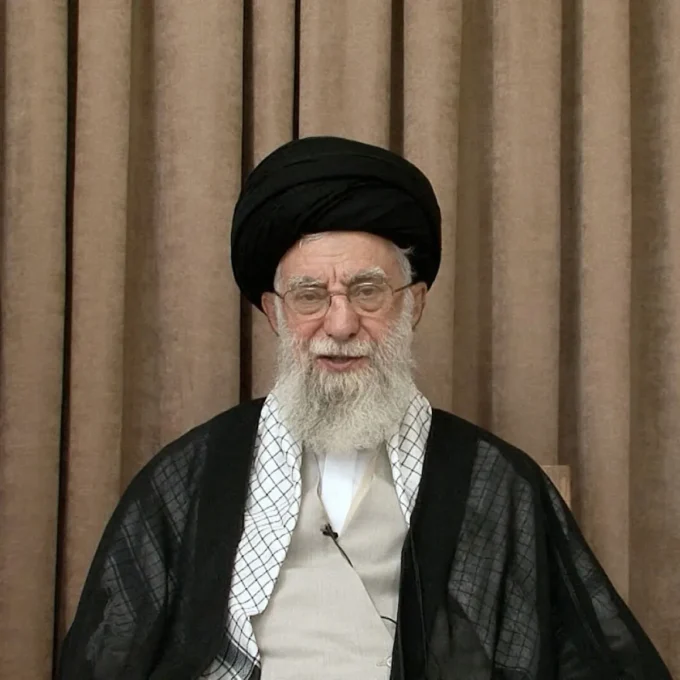South Africa’s telecoms industry has expressed openness to the potential entry of Elon Musk’s satellite internet provider, Starlink, but insists that any foreign firm must comply with the same regulatory standards as local operators. The conversation has intensified following discussions around the possible introduction of equity equivalents in the telecommunications sector a move that could allow international companies to operate in South Africa without giving up direct ownership, as long as they invest in initiatives that promote Broad-Based Black Economic Empowerment (B-BBEE).
Currently, South Africa’s laws require telecommunications companies to be 30% Black-owned to receive certain operating licenses, a stipulation that has kept Starlink from formally launching in the country. However, the concept of equity equivalents could offer a workaround, provided such entities make meaningful socio-economic contributions that align with national development goals.
Local operators, while not opposed to Starlink’s presence, stress the importance of fair competition and regulatory consistency. They argue that introducing alternative standards for foreign firms could create an uneven playing field, undermining years of compliance efforts by South African companies.
Starlink, owned by Elon Musk’s SpaceX, is already operational in several African countries including Nigeria, Mozambique, Rwanda, Kenya and Zambia, offering high-speed internet to rural and underserved areas. With South Africa being one of the continent’s largest telecom markets, Starlink’s expansion could enhance internet access in remote regions but also disrupt the current market dynamics.
As South Africa continues to refine its ICT policy environment, the government faces growing pressure to balance foreign investment incentives with local economic empowerment and industry fairness. The telecoms sector remains a cornerstone of the country’s digital transformation strategy, and ensuring uniform rules for all players will be key to sustainable and inclusive growth.














Leave a comment